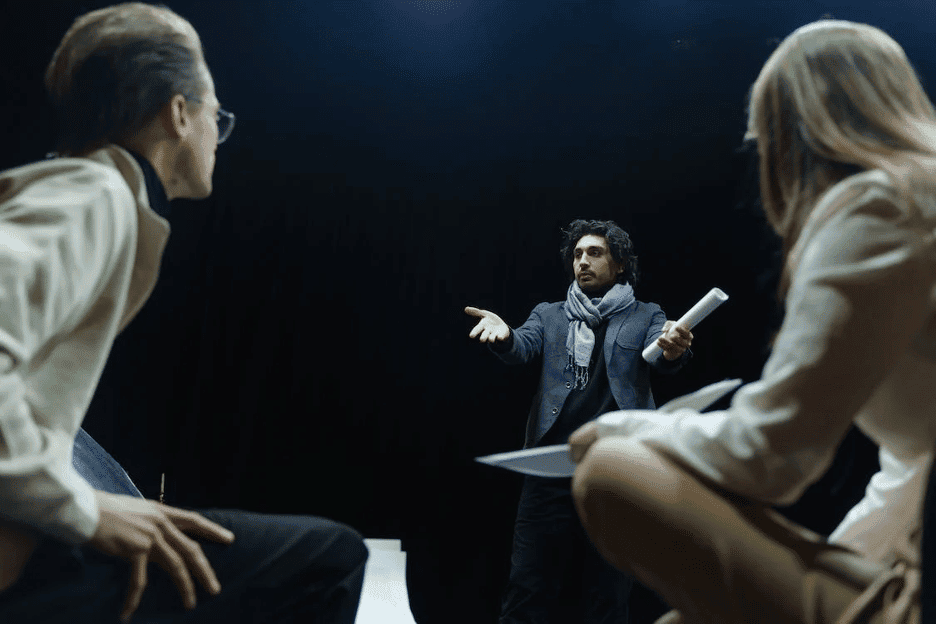Overacting is considered a faux pas for actors, but it can be challenging to determine the line between giving your all and overdoing it. Acting isn’t about showing your effort or skill; it’s about trying to get into your character’s skin and understand why they do what they do to convey their story. Acting is living truthfully in a fictional world. The imaginary part is the imagined circumstances—not living honestly.
To make sure that you don’t overact in your next role, try following these tips:
Keep It Real
Yoda says it best here – “Do or Do not. There is no try. When it comes to acting, it’s essential to keep things real. Put your attention on doing rather than showing. Say what you mean and mean what you say. You’ll only look awkward if you use dramatic pauses and unnaturally amplify your voice. To avoid overacting, find your feet beneath you, find your partner, and throw yourself into honestly pursuing your character’s objective.
Understand the Role
When asked to play a role, it’s essential to look at the script and think about why that character behaves the way they do. The script is the blueprint for your character’s motivations, backstory, and relationships. Before auditioning or performing, read the script or material in its entirety to ensure that you understand it fully. Figure out why and how the character is pursuing their goal, and then “just do it.” Welcome to the Nike school of acting.
Actively Listen
Work off of your partner. Avoid anticipating the next moment or planning your following line. Actively listen to your partner. They are the most interesting person in the world. Take in what they are giving you and play tennis.
Avoid Eyeballing
People don’t usually stare at each other for long periods in real life. Some actors think they must gaze intently at their scene partners to look intense. However, in real life, you can hardly stand to look at someone you’re angry with. Making eye contact with someone for more than a few seconds is a powerful choice and should be used sparingly to be the most effective.
Emphasis on Preparation, Not Perfection
Before heading into a scene, we prepare so we can be present, not perfect.
If you start to overthink things and get too caught up in the body language you’re supposed to use or how a line is supposed to sound, it’ll show in your performance. Stay focused on what’s happening, and trust your instincts. Overthinking leads to overacting.
Remember these simple tips when filming or performing; overacting won’t be an issue! If you want to learn more tips to avoid overacting and improve your acting skills, feel free to sign up for acting coaching classes at The Danny Greenberg Studio, New York. Get in touch with us to enroll.

